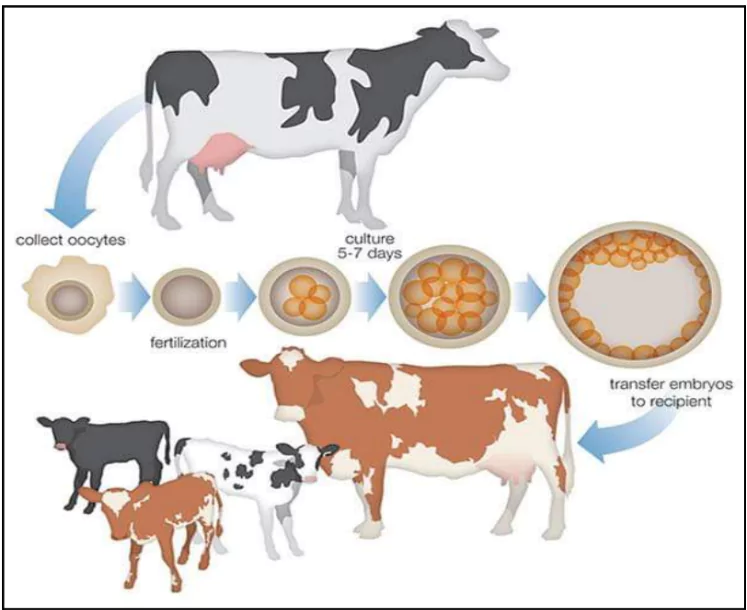Recently, the Prime Minister has introduced a Unified Genomic Chip for cattle, along with indigenous technology for sex-sorted semen production.
About Unified Genomic Chip For Cattle
- It is a technology designed to revolutionise the livestock breeding industry.
- It’s a microchip that analyses the genetic makeup of animals, providing valuable insights into their traits, health, and potential offspring.
- Developed by: Department of Animal Husbandry and Dairying (DAHD) under Ministry of Animal Husbandry, Dairying and Fisheries.
- Two Versions: The chip comes in two versions
Enroll now for UPSC Online Course
IndiGau Chip
- Recognized as India’s first Cattle Genomic Chip, focused on conserving pure varieties of indigenous cattle breeds.
- Global Significance: It is the largest cattle genomic chip in the world.
- Developed by: National Institute of Animal Biotechnology (NIAB), Hyderabad in 2021.
- Goal: To preserve our indigenous breeds with superior characteristics.
|
-
- Gau Chip: Designed for Cattle
- Mahish Chip: Designed for Buffalo
- Purpose: Assists farmers in early identification of young, high-quality bulls, enabling informed decisions regarding animal selection.
- Benefit: Enhances the quality and efficiency of cattle in the dairy sector.
Check Out UPSC CSE Books From PW Store
About Sex Sorted Technology
- Sex sorting technology for cattle is a method used to separate sperm cells based on their sex chromosomes, allowing farmers to choose the sex of their offspring.
 Indigenous Technology: Recently launched for the production of sex-sorted semen.
Indigenous Technology: Recently launched for the production of sex-sorted semen.- Purpose: Increases the availability of sex-sorted semen for farmers, enabling the production of predominantly female calves.
- Technology Use: IVF Technology (Test Tube Baby) is also utilised to expedite the production of desired cattle breeds.
- DAHD Aim: To produce 1 million doses of sexed semen annually for the Artificial Insemination (AI) program.
- Significance:
- Lowers the cost from Rs 1,000 (for imported technology) to Rs 200 per dose.
- Facilitates quicker production of high-grade female cattle with a 90% success rate.
- When combined with the Unified Genomic Chip, the sex-sorted semen technology helps reduce the number of non-productive animals, making dairy farming more economically sustainable.
![]() 7 Oct 2024
7 Oct 2024
 Indigenous Technology: Recently launched for the production of sex-sorted semen.
Indigenous Technology: Recently launched for the production of sex-sorted semen.